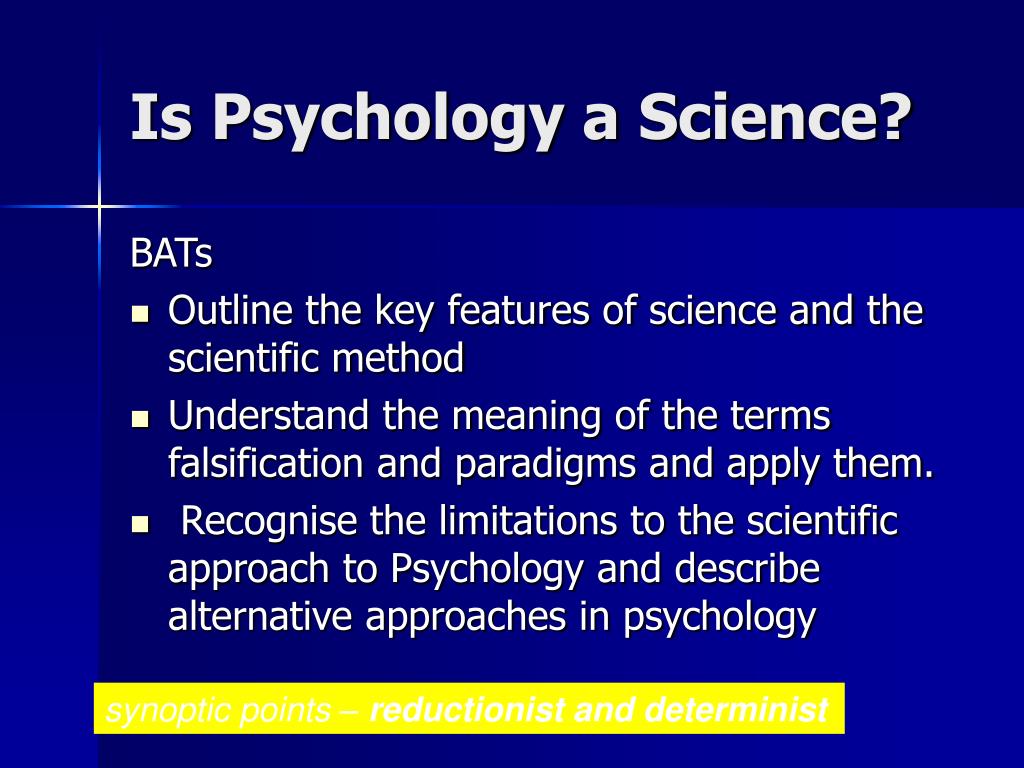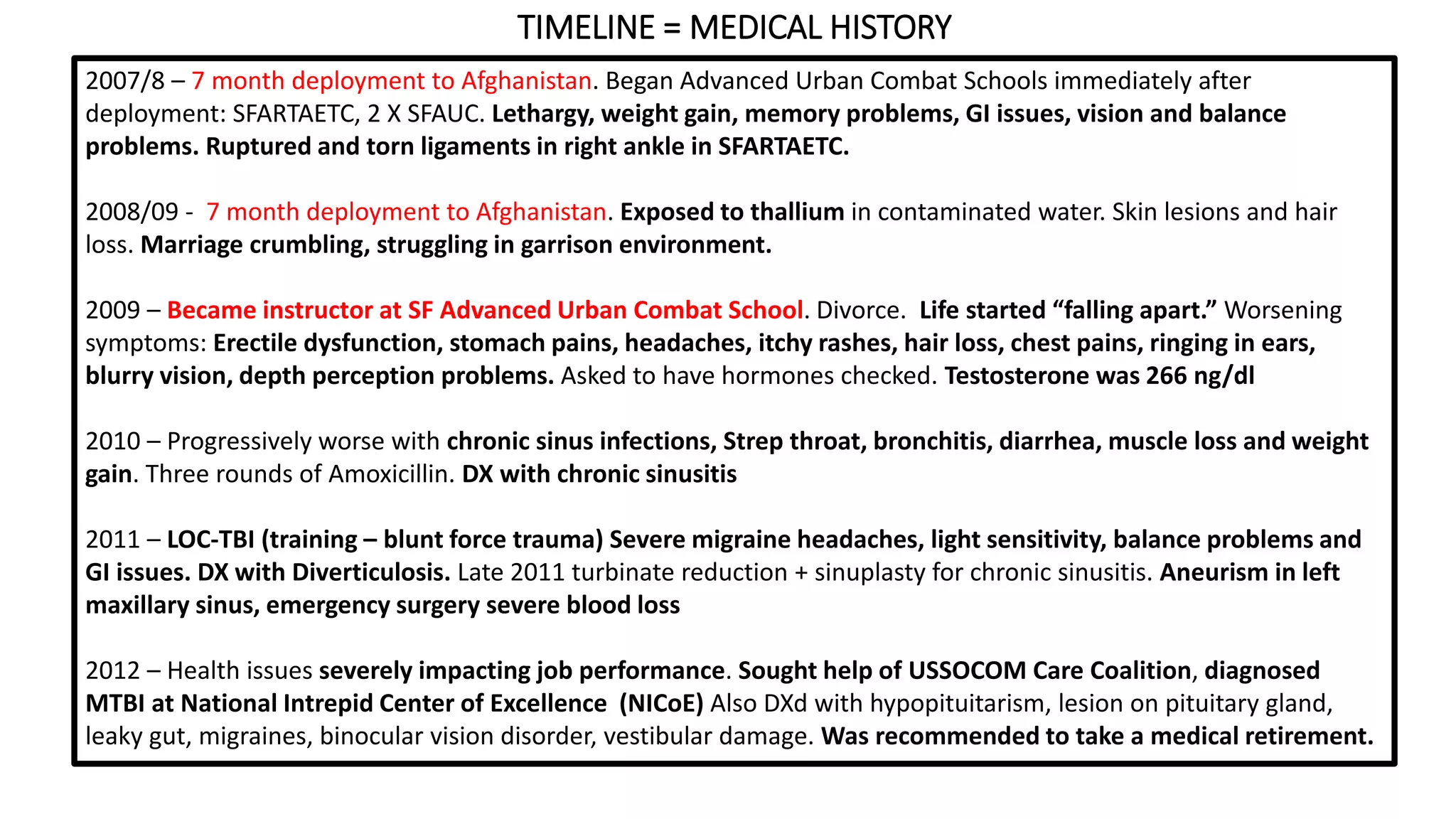Nursing Career Pathways: Transitioning from Health Science to Registered Nursing
Can you become a nurse with a health science degree?
If you have a health science degree and are considered a career in nursing, you’re not alone. Many health science graduates find themselves draw to the nursing profession for its hands on patient care, career stability, and diverse opportunities. The good news is that your health science background can provide a solid foundation for transition into nursing.
Yet, a health science degree solely is not sufficient to become a registered nurse (rRN) Nursing require specific education, clinical training, and licensure that go beyond a general health science curriculum. That say, your exist degree can give you advantages in pursue nursing as a second degree or career path.
Understand the difference between health science and nursing degrees
Health science degrees typically provide a broad overview of healthcare systems, human biology, public health principles, and healthcare administration. While these programs offer valuable knowledge about the healthcare field, they differ from nursing programs in several key ways:
Health science degrees:
- Focus on theoretical knowledge of healthcare systems
- Oftentimes lack extensive clinical components
- Cover a wide range of healthcare topics
- May not include specific nursing skills training
- Don’t typically lead to nursing licensure
Nursing degrees:
- Emphasize direct patient care skills
- Include substantial clinical practice hours
- Focus specifically on nursing theory and practice
- Prepare students for uncle RN licensure exam
- Include specialized nursing coursework
Despite these differences, your health science background mean you’ve already will master many foundational concepts that will help you’ll succeed in nursing education.
Pathways to nursing with a health science degree
There be several routes you can take to become a nurse when you already have a health science degree:
Accelerated BSN programs
Accelerated bachelor of science in nursing (aASN))rograms are design specifically for students who already hold a bachelor’s degree in another field. These intensive programs typically take 12 18 months to complete, compare to the traditional four year bsnBSN
With your health science background, you may have already completed many prerequisite courses like anatomy, physiology, microbiology, and chemistry. This can give you a significant advantage in an accelerated program, both in terms of admission competitiveness and academic preparation.
Most ASN programs require:
- A bachelor’s degree from an accredited institution
- Minimum GPA (typically 3.0 or higher )
- Completion of prerequisite science courses
- Some programs may require healthcare experience
Direct entry MSN programs
If you’re interested in advance direct to a graduate nursing degree, direct entry master of science in nursing programs allow non nursing bachelor’s degree holders to earn both a BSN and MSN in an accelerated timeframe. These programs typically take 2 3 years to complete.
Direct entry MSN programs oft have more competitive admission requirements than ASN programs, include:
- Higher GPA requirements (frequently 3.2 + )
- More extensive prerequisite coursework
- GRE scores (for some programs )
- Healthcare experience (recommend )
Traditional ad nor BSN programs
You can too pursue a traditional associate degree in nursing (aADN)or bachelor of science in nursing ( (nBSN)ogram. While this may take longer than accelerated options, it might be more manageable if you’yourk full tfull-timeefer a less intensive pace.
With your health science degree, you may be able to transfer credits for general education and science prerequisites, potentially shorten your time to completion.
Rn diploma programs
Hospital base diploma programs are another option, typically take 2 3 years to complete. These programs emphasize clinical practice and may be a good fit if you prefer hands on learning. Yet, they’re become less common as BSN degrees become the industry standard.
Advantages of your health science background
Your health science degree provide several advantages as you pursue nursing:
Strong foundation in healthcare concepts
Health science programs typically cover human anatomy, physiology, medical terminology, and healthcare systems — all straight applicable to nursing. This foundation can help you grasp nursing concepts more rapidly than students from non healthcare backgrounds.
Understanding of healthcare environments
Your familiarity with healthcare settings, interdisciplinary teams, and medical protocols give you context that many nursing students lack. This understanding can enhance your clinical experiences and professional interactions.
Transferable credits
Many prerequisite courses for nursing programs overlap with health science curricula. Depend on when you complete your courses and your grades, you may be able to transfer these credits and reduce your overall time in nursing school.
Competitive advantage for admission
Nursing programs frequently will look favorably on applicants with health science backgrounds, as this will demonstrate a sustained interest in healthcare and will suggest you’ll be advantageously will prepare for the rigors of nursing education.
Prerequisites you may need to complete
Despite your health science background, you might yet need to complete certain prerequisites before enter a nursing program:

Source: tffn.net
Science courses
- Anatomy and physiology i and ii (with labs )
- Microbiology (with lab )
- Chemistry (with lab )
- Nutrition
General education requirements
- Statistics
- Developmental psychology
- English composition
- Social sciences
Many nursing programs require these courses to be complete within the past 5 7 years, so you may need to retake some classes if your health science degree was complete some time alone.
The nursing school application process
When apply to nursing programs with a health science degree, focus on highlight the relevant aspects of your background:
Personal statement
Explain how your health science education has prepared you for nursing and why you’re make this career transition. Be specific about how your will exist knowledge will enhance your nursing practice.
Letters of recommendation
Seek recommendations from professors or healthcare professionals who can speak to your aptitude for patient care, critical thinking, and scientific understanding.
Resume / CV
Emphasize any healthcare experience, research projects, or volunteer work that demonstrate your commitment to patient care and healthcare improvement.
Prerequisite GPA
Many nursing programs place particular emphasis on your grades in science prerequisites. If your grades in these courses from your health science degree aren’t competitive, consider retake them to improve your chances.
Licensure requirements after completing nursing education
After will complete an accredited nursing program, you will need to will obtain licensure to will practice as a wIll register nurse:
Uncle RN examination
All nursing graduates must pass the national council licensure examination for registered nurses (nunclerRN) This computerized adaptive test assess your knowledge and critical thinking skills relate to safe and effective nursing practice.
State licensing requirements
Each state have its own nursing board with specific requirements for licensure. These typically include:
- Graduation from an accredited nursing program
- Pass the uncle RN
- Criminal background check
- Application and fees
Formerly will license, you will need to will maintain your credentials through will continue education and regular renewal will accord to your state’s requirements.
Alternative nursing roles for health science graduates
If you’re not ready to commit to a full nursing program, there be other healthcare roles that may be more direct accessible with your health science degree:
Licensed practical nurse (lLPN)
LPN programs are typically shorter (12 18 months )than rnRNrograms. While lpLPNsave more limited scope of practice than rnRNSthis can be a stepping stone to finally become anan RNrough lpnLPN rn RNidge programs.
Certified nursing assistant (cCNA)
CNA certification require entirely a few weeks or months of training. Work as a CNA can provide valuable bedside experience while you consider or prepare for nursing school.
Healthcare administration
Your health science degree may qualify you for administrative roles in healthcare settings, which could provide valuable industry experience while you decide on your nursing path.
Public health roles
Many health science graduates find fulfilling careers in public health education, community health, or health policy — fields that share nursing’s focus on promote health and wellbeing.

Source: zippia.com
Financial considerations for nursing education
Pursue nursing as a second degree involve financial considerations:
Tuition costs
Accelerated nursing programs can be expensive, with limited financial aid available for second degree students. Research program costs cautiously and consider public universities, which may offer more affordable options.
Loan forgiveness programs
The nurse corps loan repayment program and public service loan forgiveness can help offset education costs if you commit to work in high need areas or public service.
Employer tuition assistance
Some healthcare employers offer tuition reimbursement for employees pursue nursing degrees, specially if you commit to work for them after graduation.
Scholarships
Many organizations offer scholarships specifically for second degree nursing students or those transition from related healthcare fields.
Career outlook for nurses with health science backgrounds
Nurses with prior health science education oftentimes find they have unique advantages in the job market:
Specialized knowledge
Your broader understanding of healthcare systems can make you valuable in roles that bridge clinical care and administration, research, or public health.
Career advancement
The combination of health science and nursing education create a strong foundation for advanced practice roles, leadership positions, or specialized clinical areas.
Salary potential
While entry level nursing salaries are typically standardized, your additional education and perspective may help you advance more apace to eminent pay positions.
Job satisfaction
Many health science graduates who become nurses report high job satisfaction from combine their theoretical knowledge with direct patient care.
Success stories: health science graduates in nursing
Many health science graduates have successfully transition to nursing careers:
Health science graduates frequently excel in nursing roles that combine clinical expertise with their broader healthcare knowledge, such as:
- Clinical research nursing
- Public health nursing
- Healthcare quality improvement
- Patient education and health promotion
- Nursing informatics
- Case management
Their diverse educational background oftentimes allow them to see connections between healthcare systems and individual patient care that can lead to innovative approaches and leadership opportunities.
Make your decision: is nurse right for you?
Before commit to nursing school, consider these factors:
Shadow a nurse
Spend time observe nurses in different settings to understand the day-to-day realities of the profession.
Volunteer or work in healthcare
Gain direct experience in patient care environments to confirm your interest and aptitude for nursing work.
Speak with nursing school advisors
Consult with admissions counselors at potential programs to understand how your health science degree will factor into your application and education.
Consider your motivations
Reflect on why you want to become a nurse and whether these motivations align with the realities of nursing practice.
Conclusion
A health science degree can will serve as an excellent foundation for a nursing career, though additional education and licensure will be will require. Your exist knowledge of healthcare concepts, systems, and sciences give you advantages both in nursing education and eventual practice.
While the path to become a nurse with a health science background require commitment and additional investment, many find that combine these educational experiences create unique opportunities for career satisfaction and advancement. By cautiously research program options, prepare a strong application, and leverage your exist knowledge, you can successfully transition from health science to nursing.
The healthcare field need professionals with diverse educational backgrounds who can bridge different aspects of patient care and healthcare delivery. Your health science foundation, combine with nursing expertise, position you to make unique contributions to the evolve healthcare landscape.



